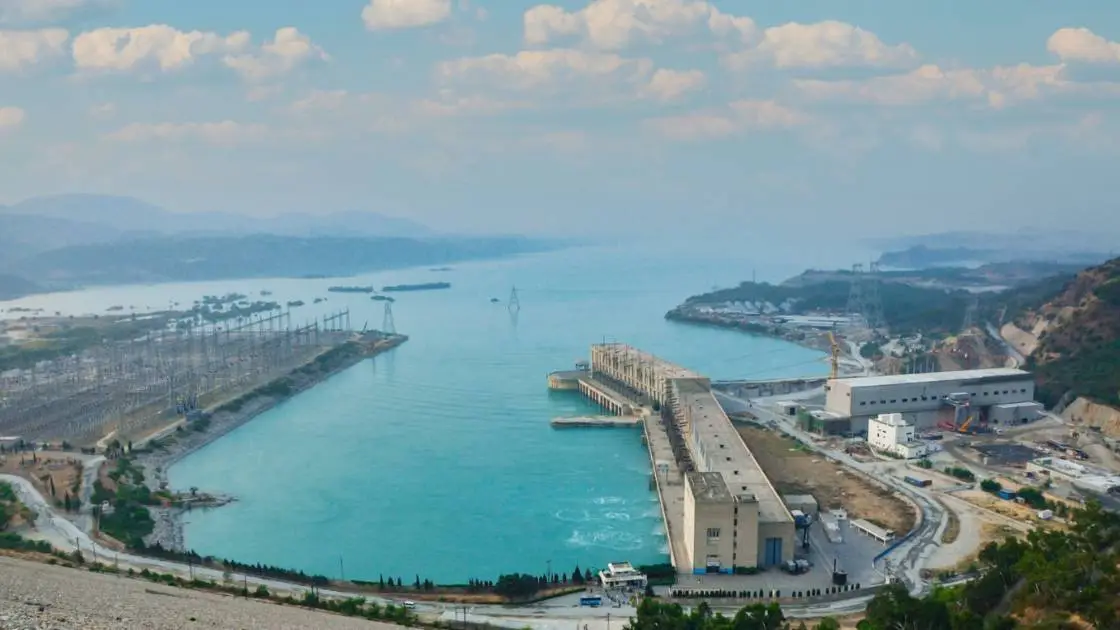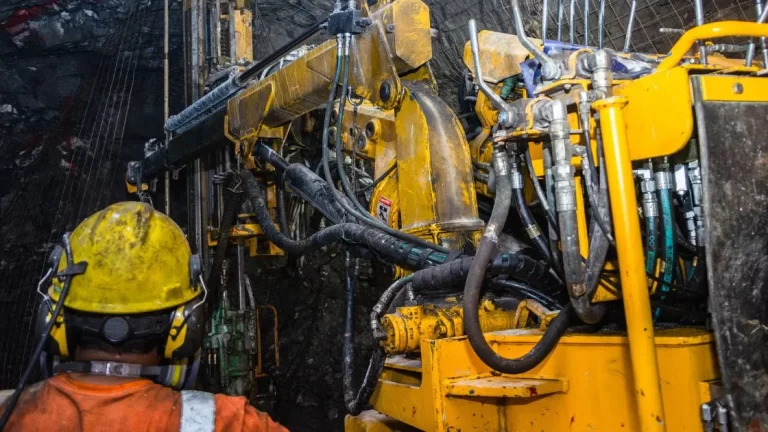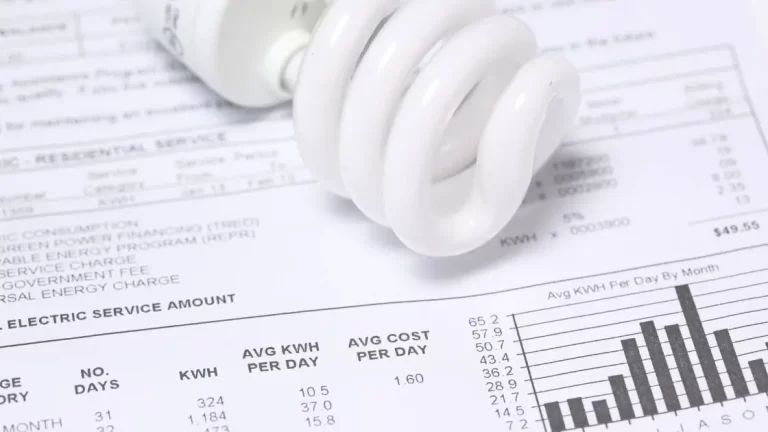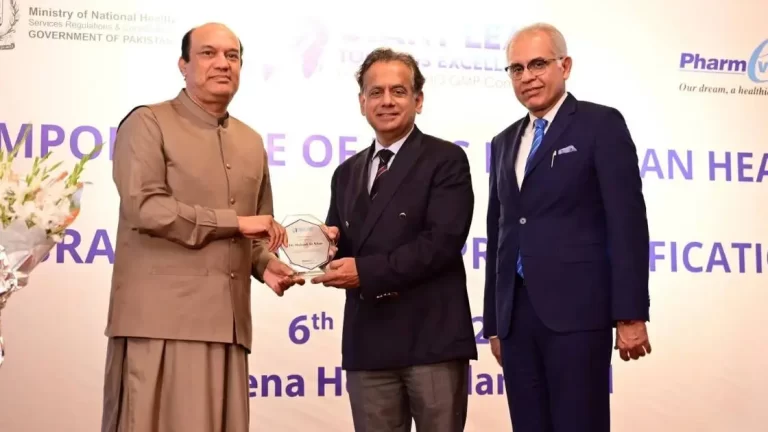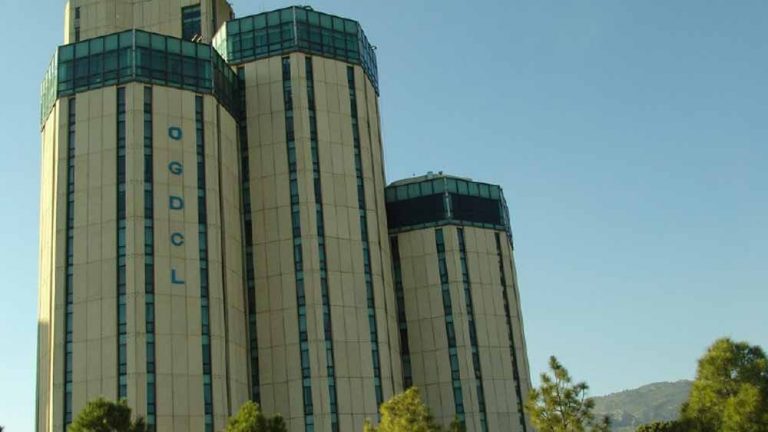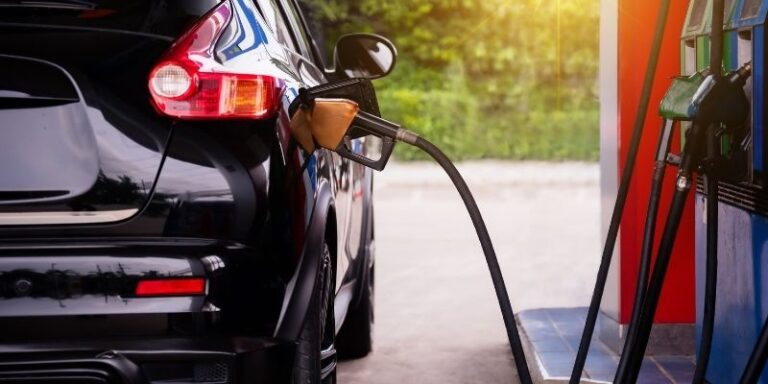Hydel generation goes up with improved hydrological conditions
WAPDA generates 7286 MW of hydel electricity; the highest of the season
Staff Report
Electricity generation by WAPDA hydel power stations surpasses the 7000 MW mark as WAPDA contributes 7286 MW to the National Grid during peak hours last night.
Effective operation and maintenance of WAPDA hydel power stations, improved inflows in the rivers, increased level of water reservoirs, and indent by the IRSA are the contributing factors behind the surge in hydel power generation by WAPDA.
According to the statistics, Tarbela Hydel Power Station generation is 3446 MW, Tarbela 4th Extension 1410 MW, Ghazi Barotha 1450 MW, Mangla 275 MW, Warsak 172 MW, and Chashma 147 MW.
While the other hydel power stations contributed 386 MW cumulatively. Hydel generation by WAPDA is expected to increase in the days to come with improved hydrological conditions, increased indent by IRSA, and resumption of electricity generation from Neelum Jhelum Hydel Power Station.
The cost of WAPDA hydel generation stands at Rs.3.51 per unit, which is the cheapest if compared with other sources of electricity generation in the country. Hence, it has a significant impact on lowering the overall tariff.
At present, WAPDA owns and operates 22 hydel power stations with a cumulative installed capacity of 9459 MW. Electricity Rates 2023-24: Nepra Hikes Tariff by Rs 4.96 Per unit
WAPDA is vigorously implementing a least-cost energy generation plan to enhance the share of hydel electricity in the National Grid.
A number of mega projects are being constructed in the hydropower sector scheduled to be completed from 2024 to 2028-29 in a phased manner.
These projects will double the installed generation capacity of the country with the addition of about 10,000 MW of clean, green, and low-cost hydel electricity to the National Grid.


